
In my work, I have the opportunity to connect with clients all around the world. This has given me some telling insights about how companies are planning to react to the upcoming economic crisis. Here are some of my thoughts.
Let’s get bakin’ 🥐
How should platform teams respond to crisis? ⚠️
An economic crisis is looming ahead. But not all regions of the world have been hit the same way. (Some haven’t been hit yet at all.)
While I saw European engineering managers afraid of lay-offs in January, American teams are just starting to be more careful.
The more interesting question, to me at least, is how the situation for platform teams will change if faced with crisis. How will C-Level reacting to the dark clouds? Will they reduce budgets? Cut jobs? Where are they investing, if at all?
I've observed two key strategic approaches: blind fear and cautionary responsibility. The former can irreversibly destroy the culture and productivity of an engineering team forever. The latter can actually improve both substantially. Winning teams are formed in times of crisis.
Explaining the blind fear approach is intuitive: at the sign of crisis, managers just start freezing everything and, in the worst cases, start firing employees. They halt investment in improving productivity and workflows. These teams need a motivating message: "we need to unite and beat this crisis together." But this call for unified strength never comes.
Teams that take this approach are doomed to fail. It’s been proven that teams at the top quartile of developer velocity outperform other orgs 4-5X in terms of revenue growth. Meaning if you innovate fast, you grow fast in revenue. You beat the crisis. It's simple.
When I talk to managers, I always have the same playbook:
- Communicate clearly and appeal to the fighting spirit of your people. You have no idea how much everybody is ready to chip in when they have to save their jobs.
- Yes, halt new hires, everybody understands where you’re coming from.
- Double down on improving developer velocity. To do this for once follow Gartner and jump on the Platform Engineering train. It’s one of their top strategic technology trends for 2023 for a reason.
- Invest in tools to keep maintenance low, de-risk implementation and get things into place fast. If it takes you 6 months to get something in place you might be dead by the time it’s up and running.
It’s a tough call that can cost a lot if you get it wrong. Good luck in the next few weeks. Managing the good times is easy. War-time management is what separates you from the pack.
Short on time? ⏳ We got you 🥐😋

🥐 Platform Engineering is featured in Gartner's TOP 10 Strategic Technology Trends for 2023. Ad Platforma!
🥐 I bet AWS users are gonna love this. This DB service visualization comes courtesy of Forrest Brazeal.

🥐 Platform as a Product mindset is essential for a successful platform roll out. Check out my latest article for a deep dive into this trending topic.
🥐 The developer toolbox 🧰 has changed beyond recognition over the last two decades. In this article, Roni Dover explores the Modern Developer Stack. You might find some useful tools 🔨 as well.
🥐 Cool new podcast alert! 🎙️ Check out the Always an Engineer Podcast to tackle the tough questions all software engineers face.
🥐 The next level of chaos engineering is here! 🔫 Try killing pods inside Kubernetes cluster by shooting them in Doom.

Like what you've read? Share it with your friends 🤗
This newsletter is a community effort, so if you have anything awesome to share from the cloud-native world, send it our way. You can share your ideas here.
Cya next week!
Stay crunchy 🥐
Luca






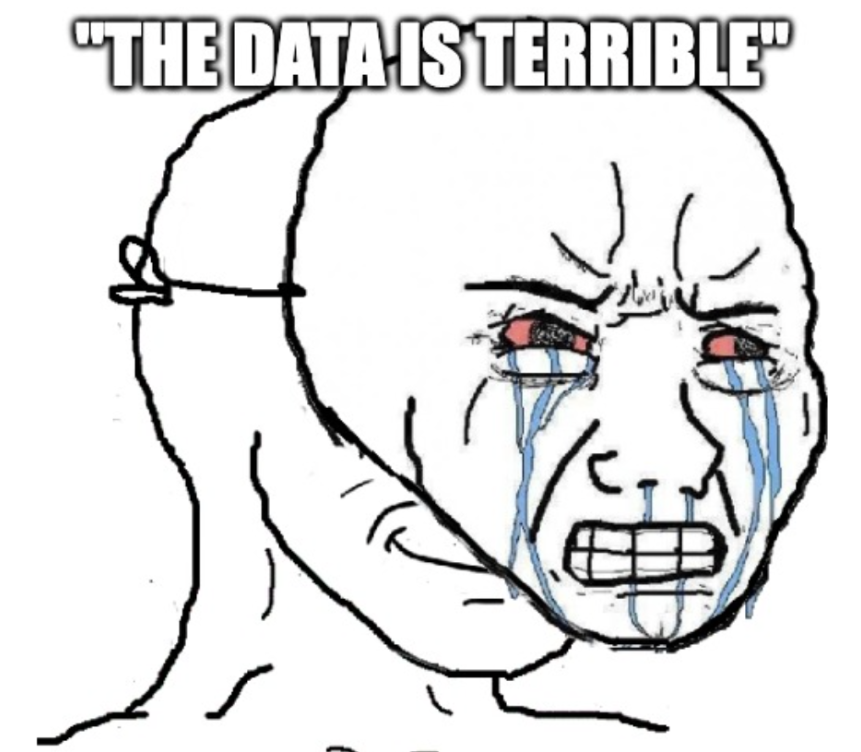


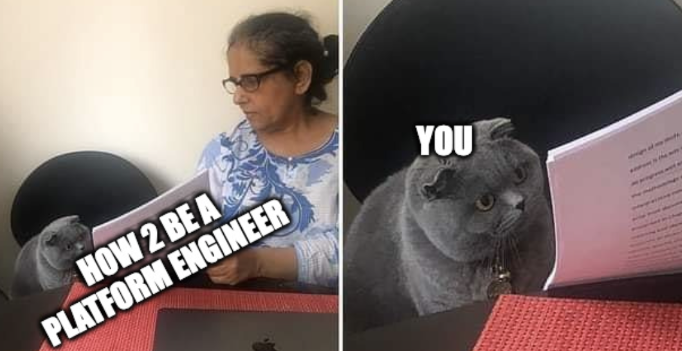

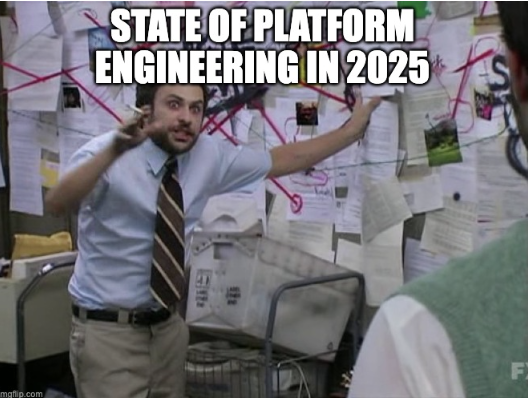
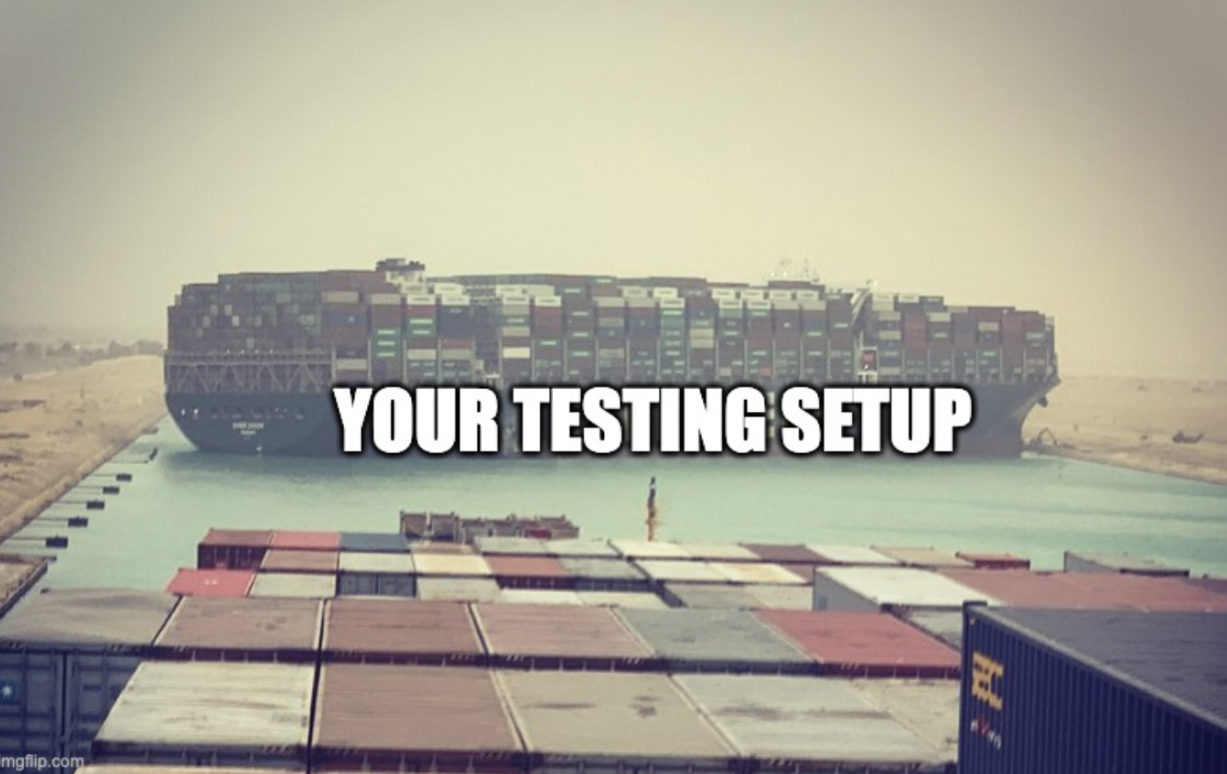
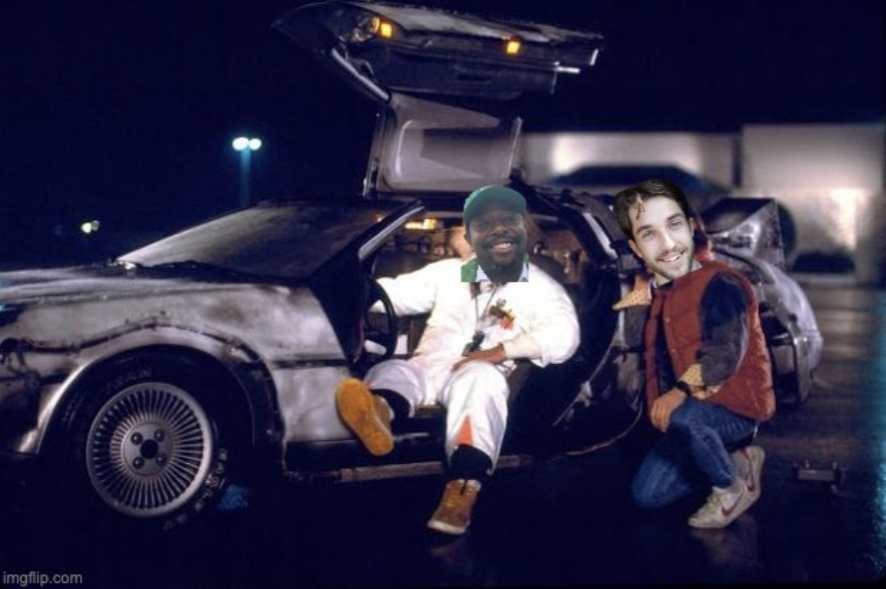


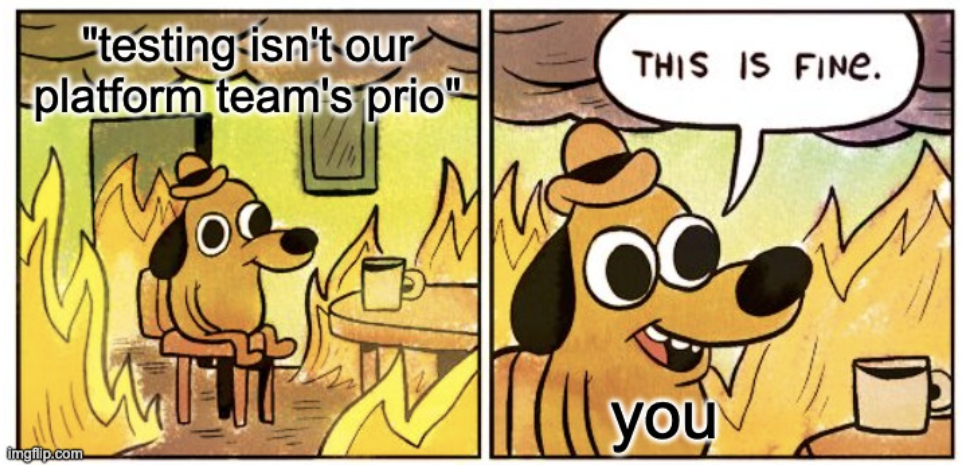
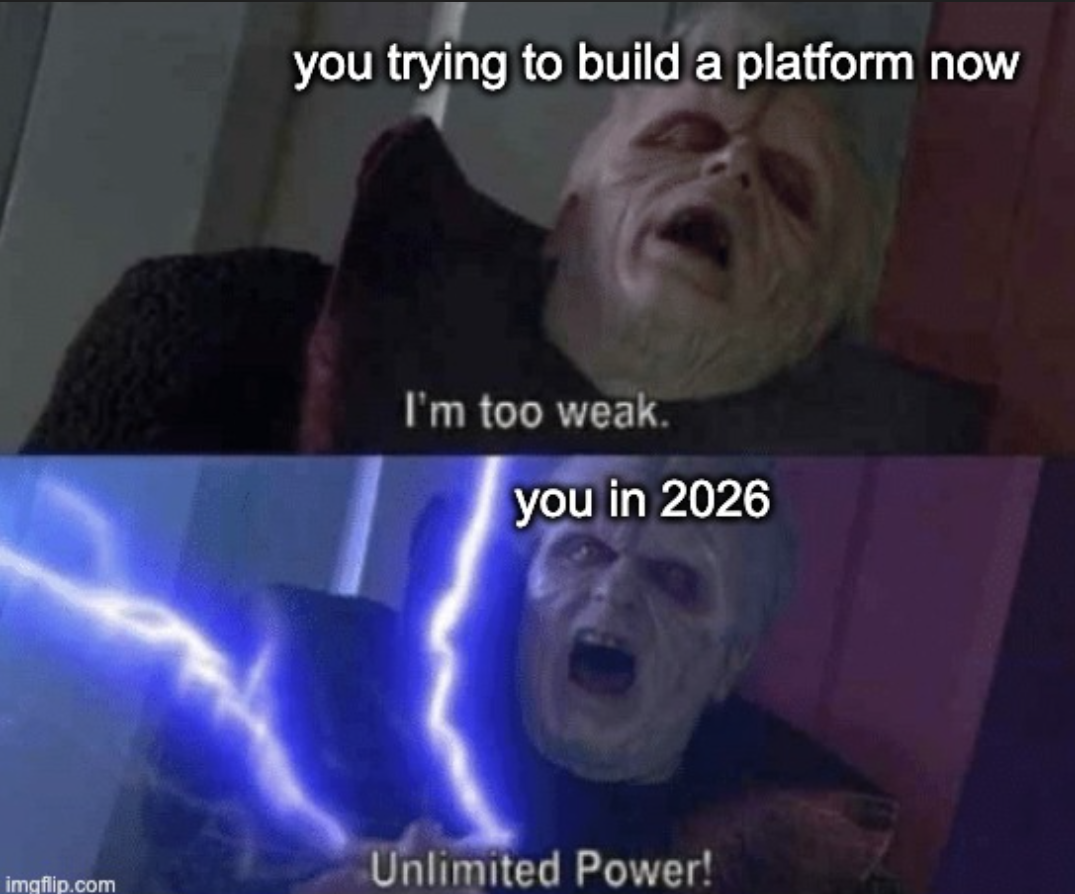

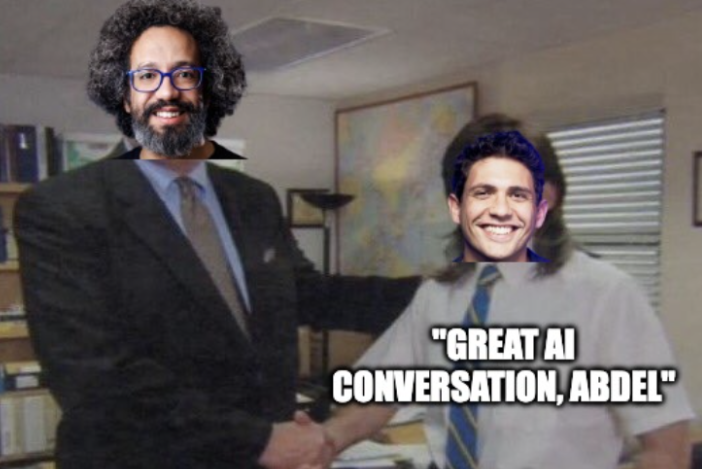


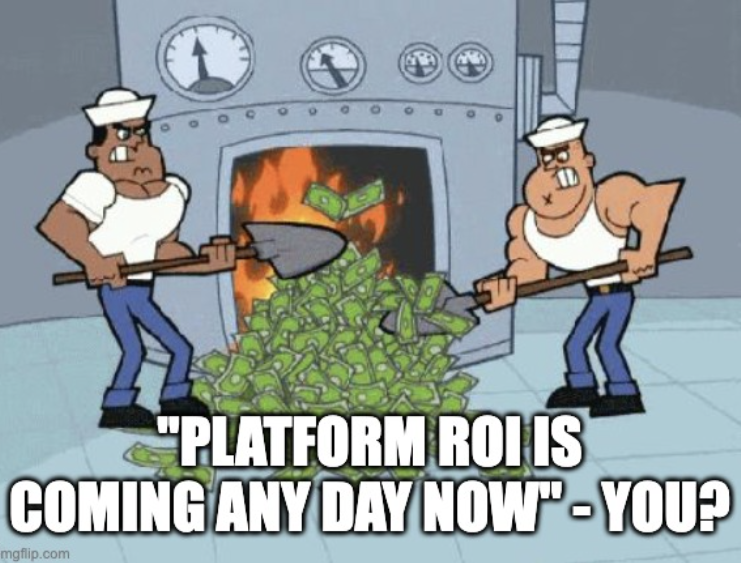

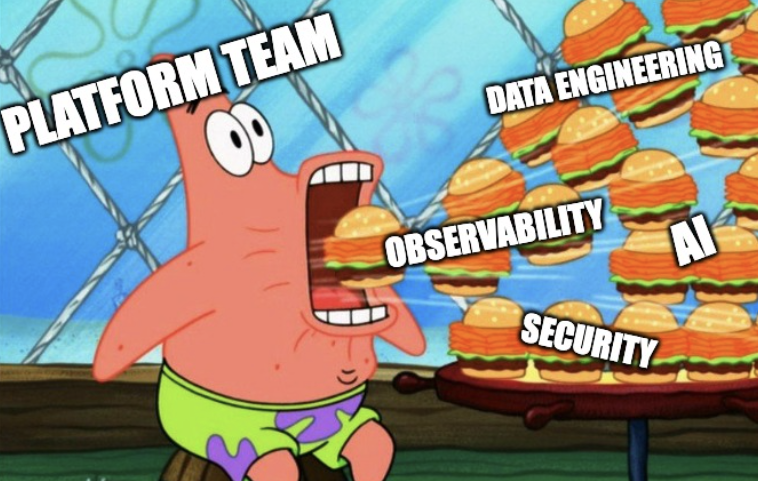
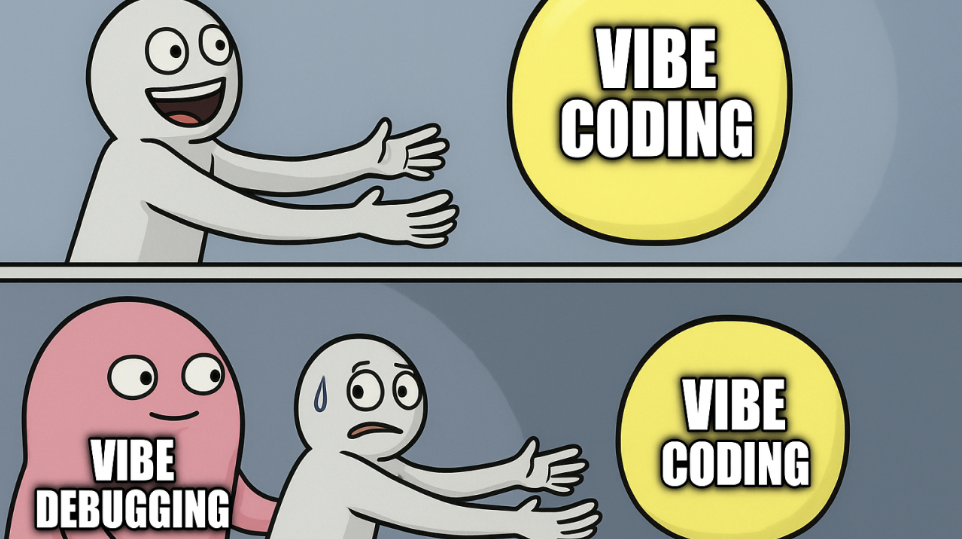


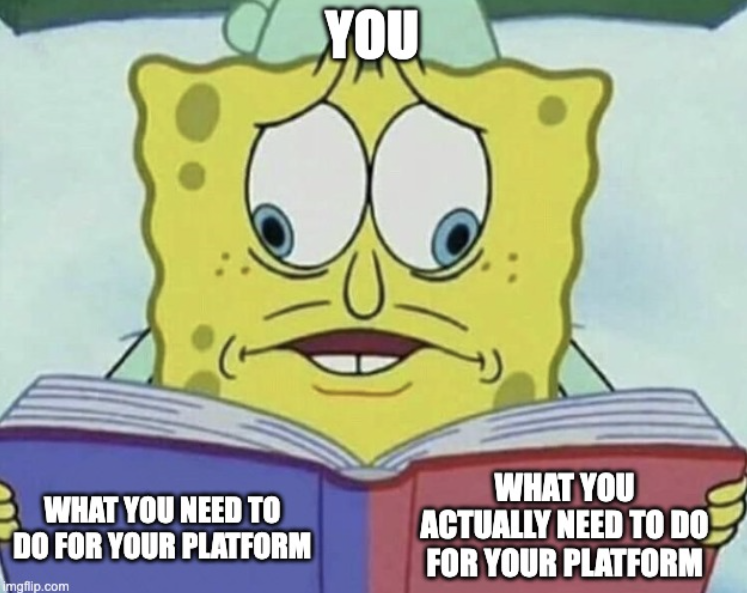
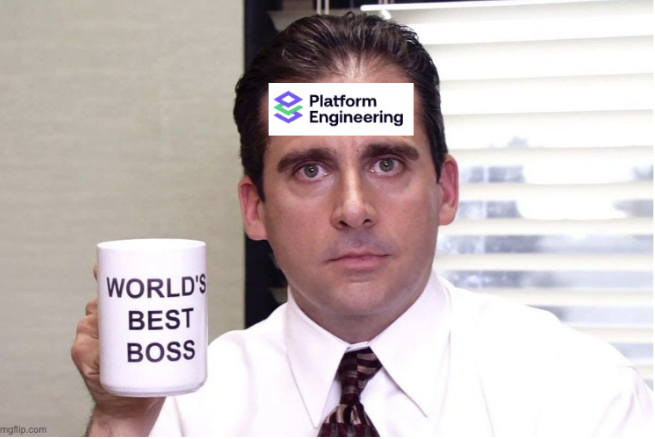
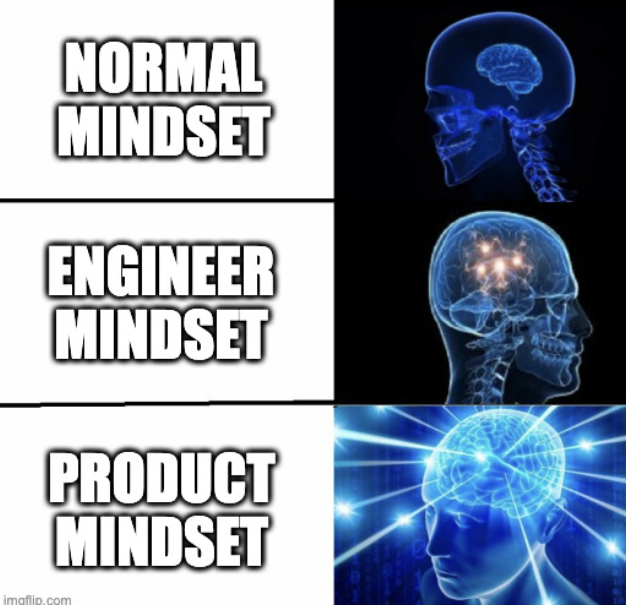

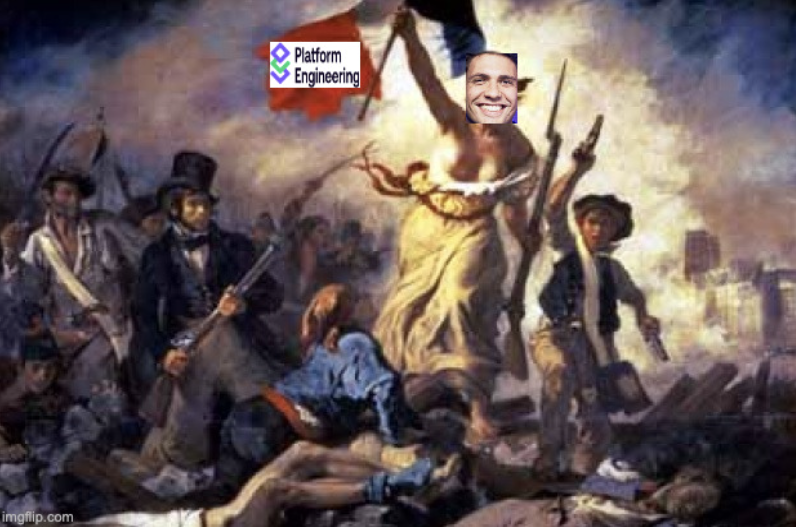
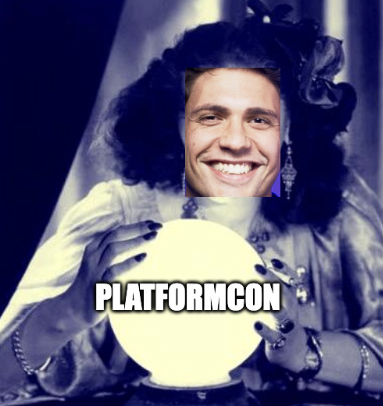


.webp)
.webp)

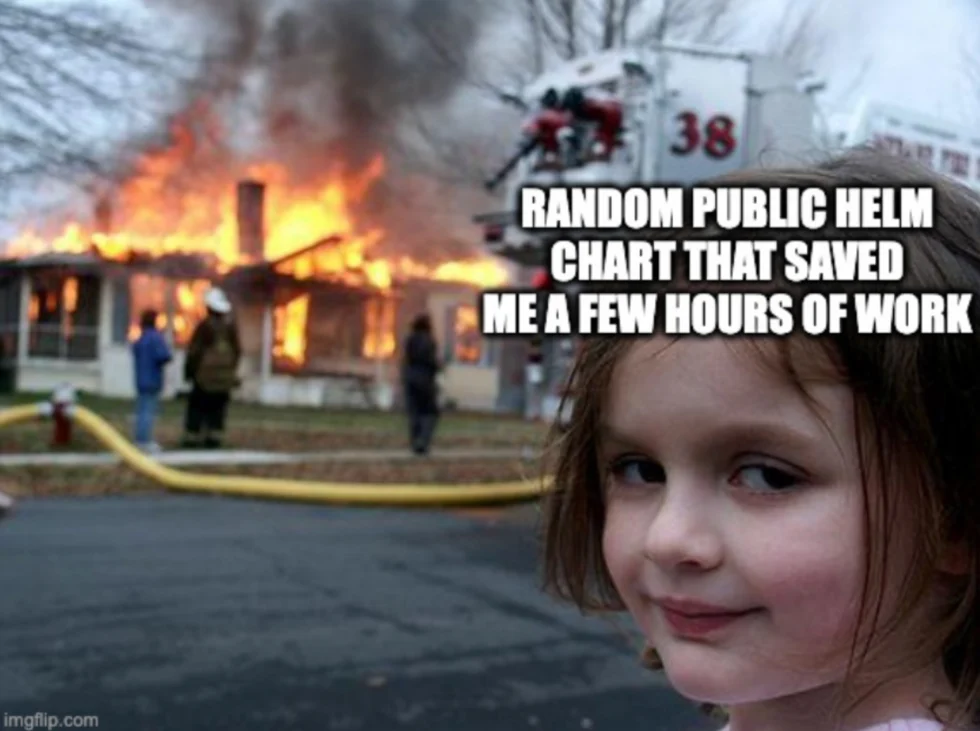


.webp)
.webp)

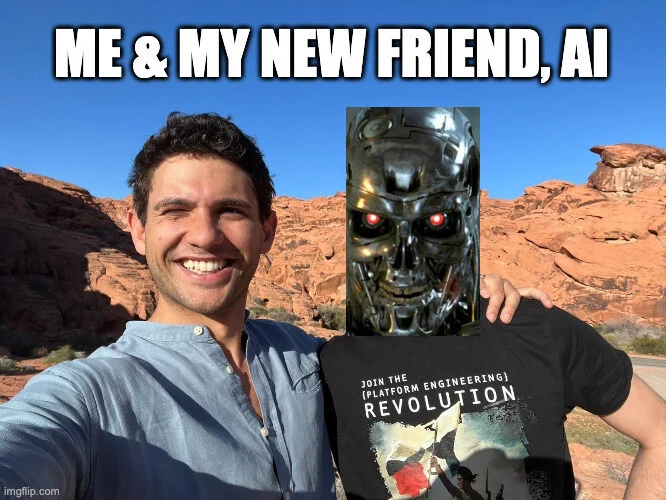
.webp)
.webp)
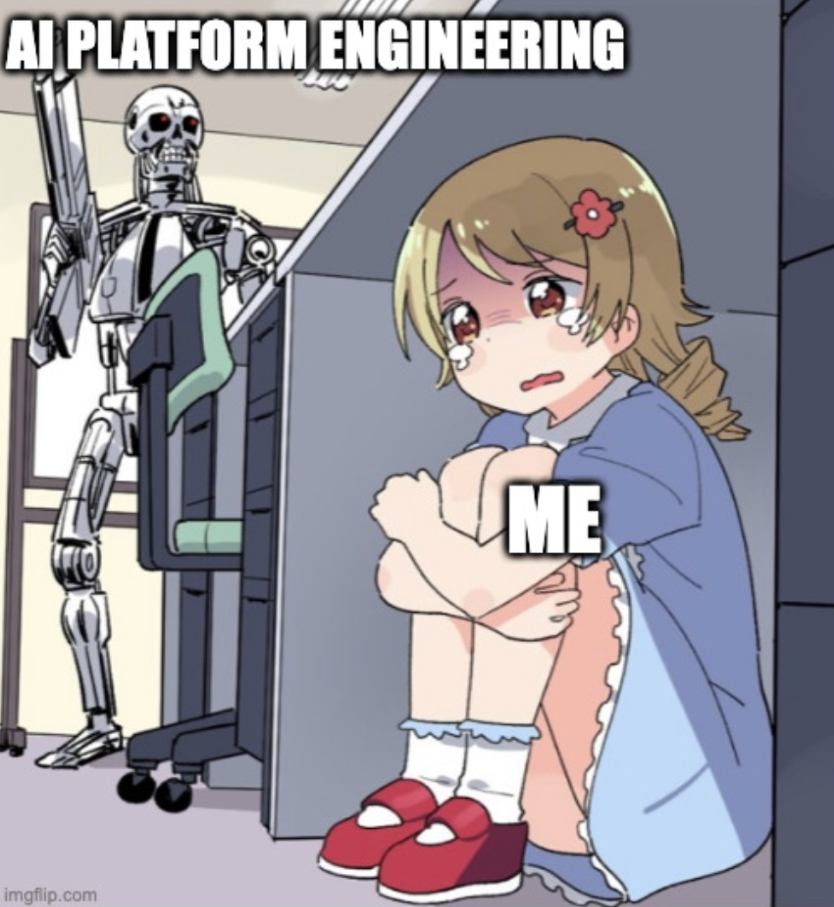
.webp)


-1.webp)














.jpg)
.jpg)
.jpg)
.jpg)
.png)
.jpg)
.png)
.jpg)
.jpg)
.jpg)


.jpg)
.jpg)
.jpg)
.jpg)
.jpg)
.png)
.jpg)
.jpg)
.jpg)
.jpg)
.jpg)
.jpg)
.png)
.jpg)
.jpg)
.jpg)
.jpg)
.jpg)
.jpg)



